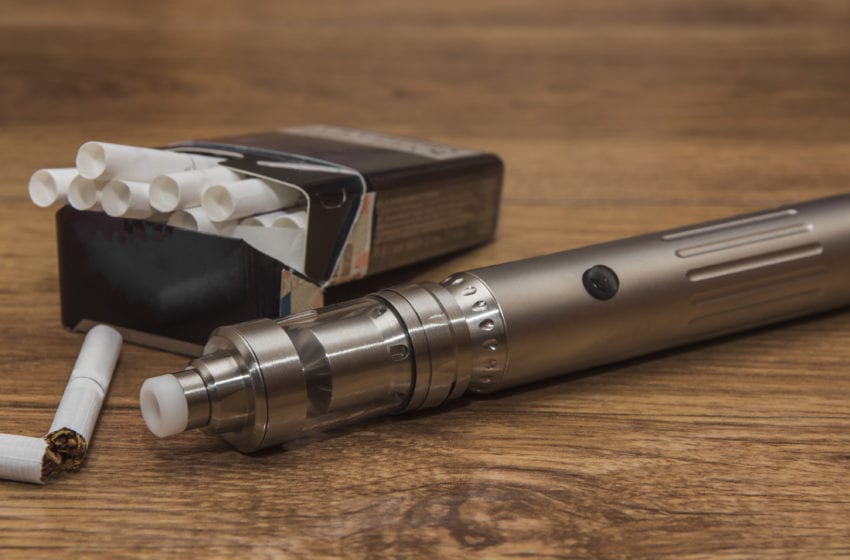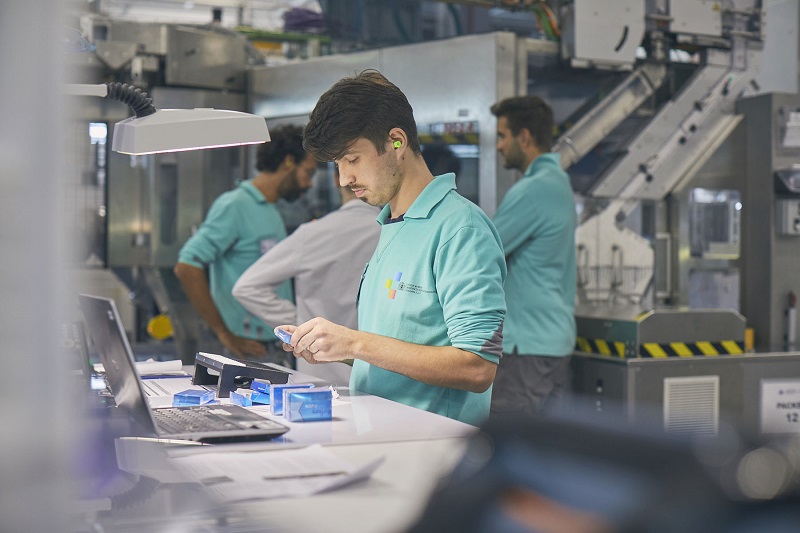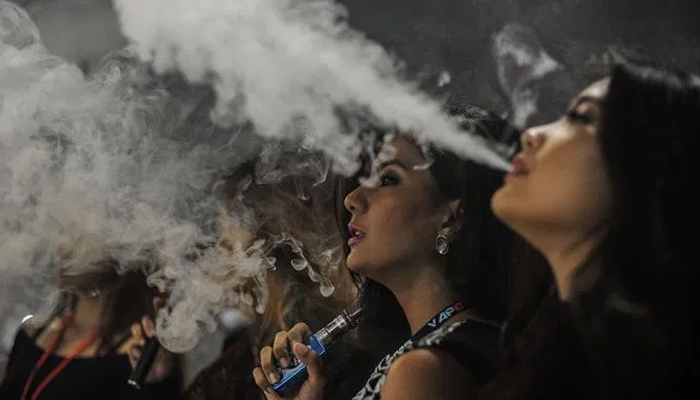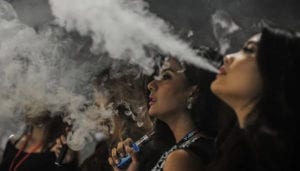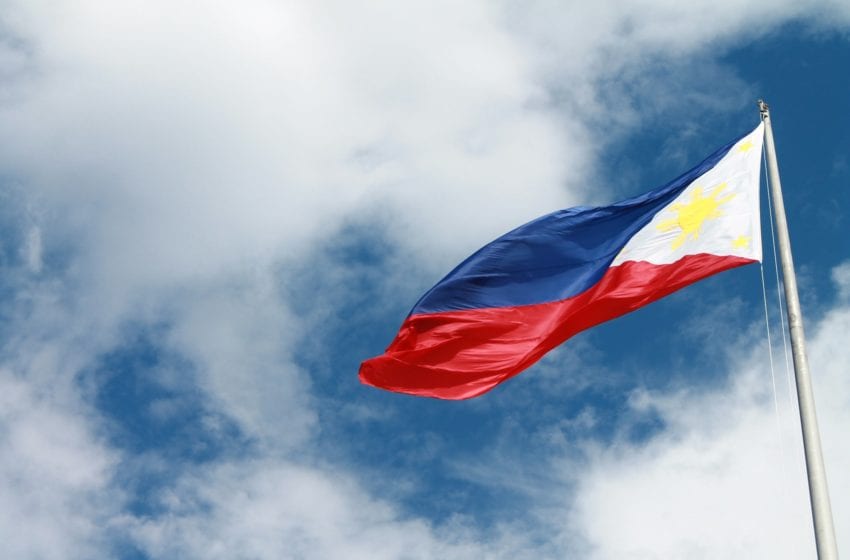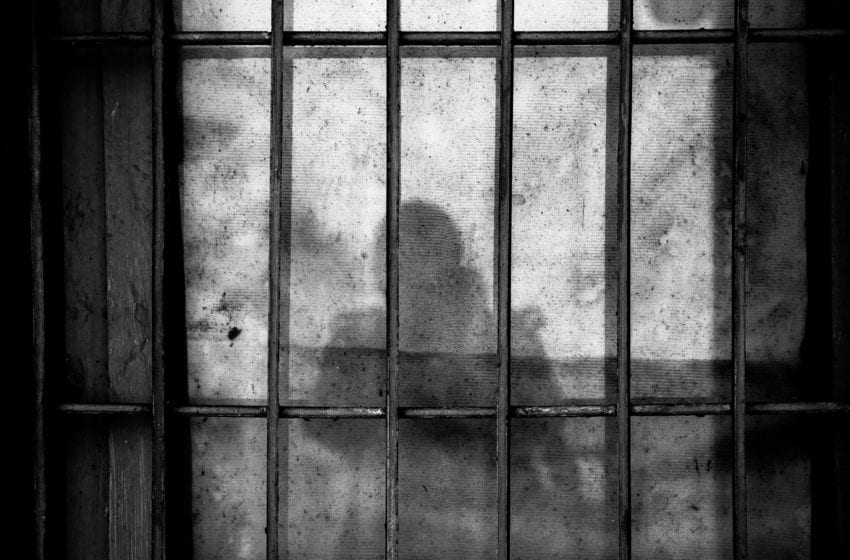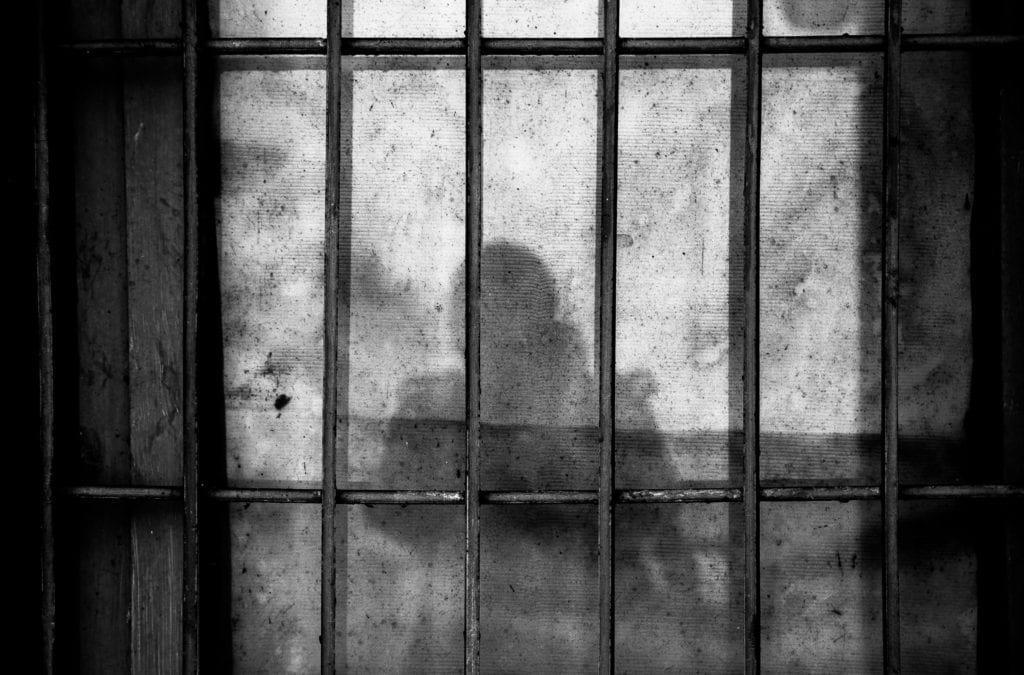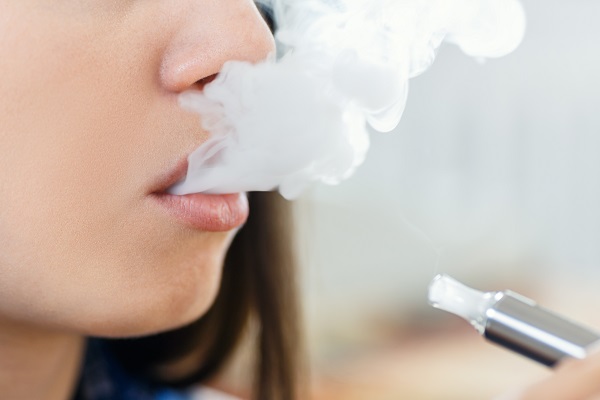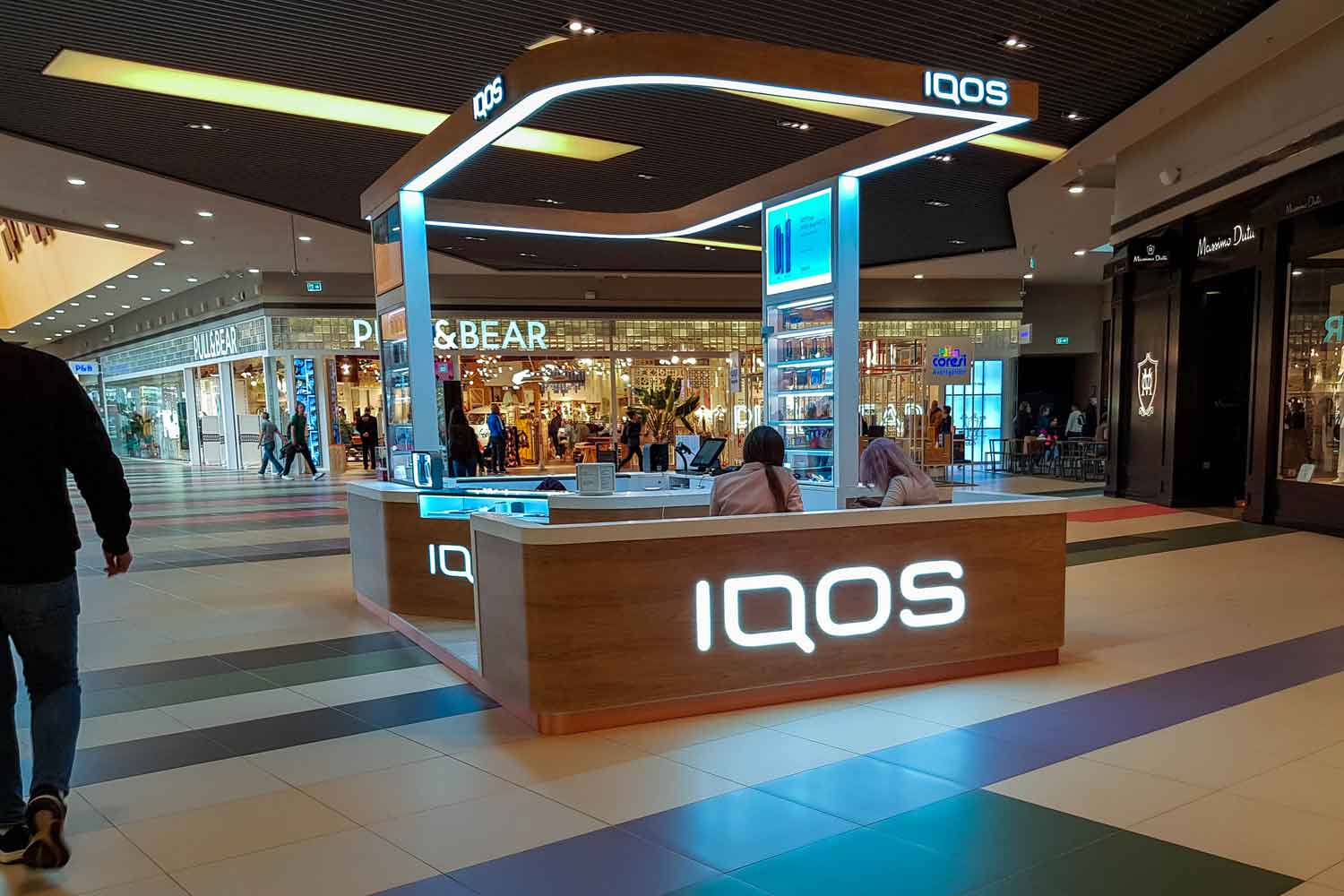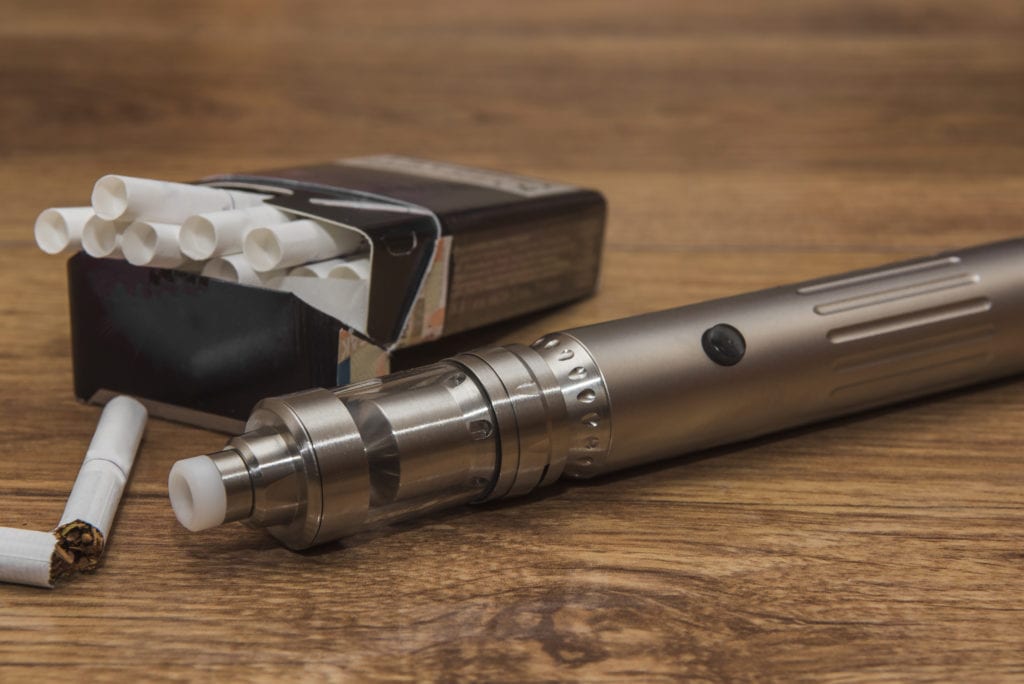
The enactment of a new vape law in the Philippines last year has paved the way for products that provide smokers with better alternatives to cigarettes, according to Philip Morris Fortune Tobacco Co. (PMFTC) President Denis Gorkun.
In addition to moving regulation of vapes from the Philippine Food and Drug Administration to the Department of Trade and Industry, Republic Act 11900 lowered the purchase age for e-cigarettes and heated tobacco products from 21 to 18, removed a two-flavor limit on product flavors and allows companies to conduct corporate social responsibility-related activities.
In an interview with the Manila Bulletin, Gorkin said PMFCT would soon launch IQOS Luma, which uses induction technology to heat tobacco, and ZYN nicotine pouches in the Philippines. Made by Swedish Match, which was acquired by PMFTC’s parent company, Philip Morris International in 2022, ZYN is the best-selling nicotine pouch in the United States today.
Since PMFTC launched IQOS in the Philippines, around 75,000 local smokers had switched away from cigarettes, according to Gorkun.
Gorkun said PMI aims to eliminate cigarette consumption in line with its vision to deliver a smoke-free future. “We will continue to work towards our smoke-free future vision with products that are found by numerous international health authorities to be far better compared to continuing to smoke cigarettes.”
He said the passage of the landmark Vape Law a year ago is a “win” for public health. While providing smokers with less harmful options, the law also contains provisions to deter underage consumption, according to its proponents.
One of the authors of the vape law, former Representative Sharon Garin, said Republic Act 11900 provides that vaping isn’t made appealing to minors. “We don’t want non-smokers to pick up the habit of vaporized or electronic cigarettes,” she was quoted as saying. “What we want is a less harmful alternative for current smokers.”

